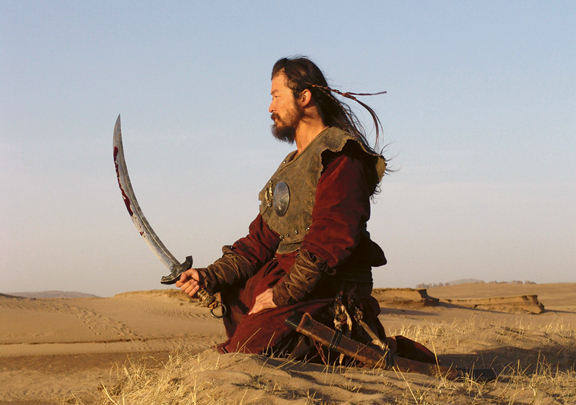Mongol
Young Khan’s Origin Story Is Filled With Blood And Thunder (Literally)


It’s good to be the Khan.
Latest Article|September 3, 2020|Free
::Making Grown Men Cry Since 1992


It’s good to be the Khan.